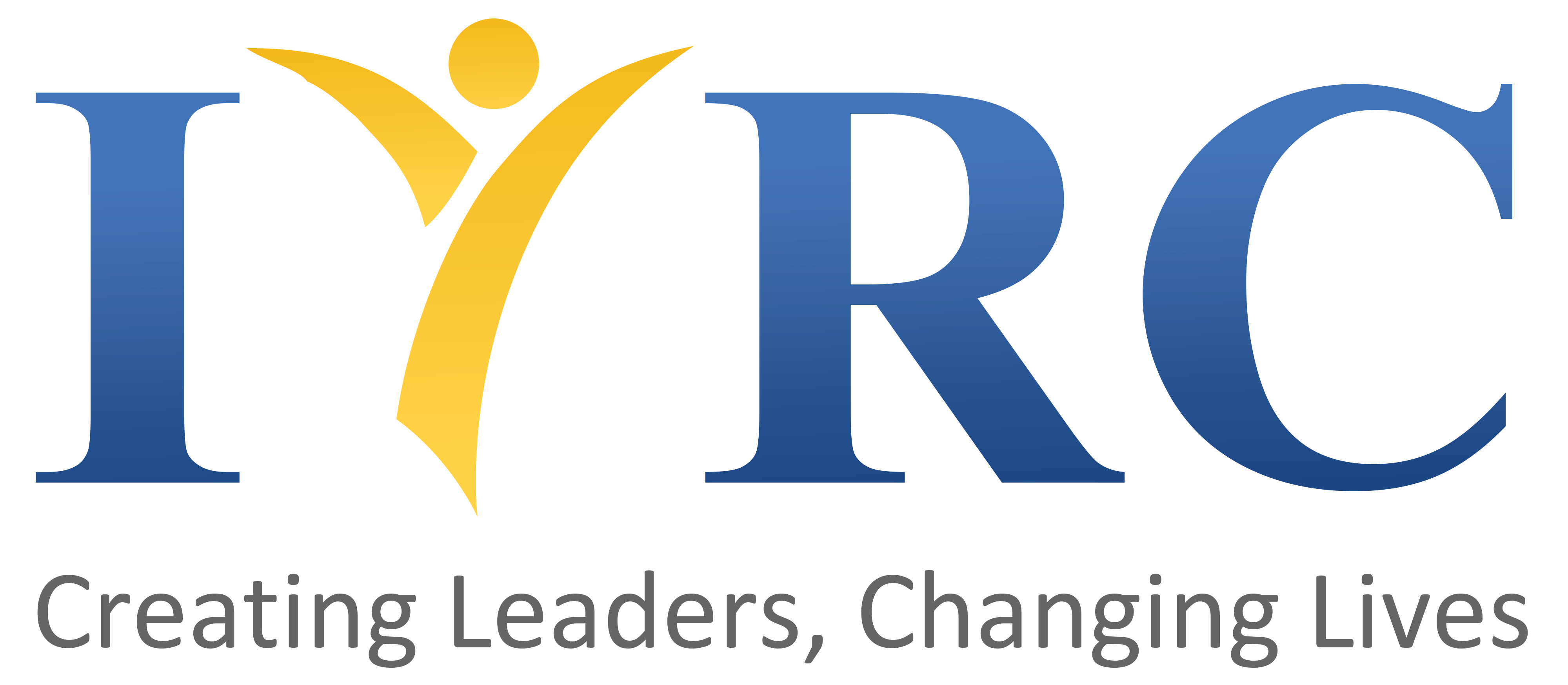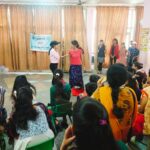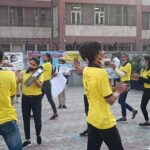Theatre Program For Leadership
Why - Theatre Of The Oppressed (TO) ?
IYRC Since 2017, we have been using theatre tools to drive change within our communities, particularly focusing on the adolescent & youth of migrant worker communities. We have identified several critical issues that Theatre of the Oppressed (TO) can effectively address:
Voicing Concerns: Many adolescents and youth in the migrant worker community face various challenges but are unable to express themselves openly. Key issues include domestic violence, early age marriage, discrimination, and lack of say in education decisions. Additionally, there has been a lack of leadership participation among adolescents and youth. Theatre of the Oppressed provides a safe platform where these young individuals can share their stories and struggles.
Communication Gaps with Parents: Adolescents and youth often struggle to communicate with their parents due to a lack of safe and open spaces at home. This is compounded by the fact that migrant worker parents are deeply engaged in their work, leaving little time for their children. Theatre allows for a creative and non-confrontational way to bridge this communication gap.
Community Issues and Myths: There is a lack of understanding of many community issues and myths, such as patriarchy, gender biases, menstrual health, and social stratification based on caste and class. Theatre of the Oppressed helps in breaking down these complex issues, making them more understandable and providing a way to address them collectively.
By integrating Theatre of the Oppressed into our initiatives, IYRC aims to empower the youth in the migrant worker community. We provide them with a voice and a platform to express their concerns, foster better communication within families, and address critical community issues and myths. Our goal is to develop informed, empowered, and compassionate leaders who can drive positive change in their communities.
What We Do
At IYRC, we utilize Theatre of the Oppressed (TO) to empower youth and adolescents by bringing their issues to light through Forum Theatre. This innovative approach brings about significant positive changes in both individuals and the community as a whole.
How Theatre of the Oppressed Brings Change
Exploration and Expression: Participants engage in theatrical activities that allow them to explore their identities and express their challenges in a safe and creative environment. This process helps them articulate their concerns, such as domestic violence, early marriage, discrimination, and lack of educational opportunities, which they might otherwise struggle to voice.
Dialogue and Understanding: Through dynamic and interactive debates, youth and adolescents delve into their issues, fostering a deeper understanding of their own and others’ experiences. This shared exploration breaks down barriers and encourages empathy and mutual support.
Advocacy and Leadership: Participants are encouraged to take their issues to their families and communities, initiating crucial dialogues and raising awareness. By doing so, they enhance their leadership skills, learn to advocate for themselves and others, and start driving advocacy within their communities. This process transforms them into confident, communicative, and proactive leaders.
Community Engagement: Theatre of the Oppressed promotes active engagement with the community. By performing and discussing their issues publicly, youth create a platform for broader community involvement and collective problem-solving. This engagement helps in addressing community myths and issues such as patriarchy, gender biases, menstrual health, and social stratification.
Empowerment and Change: Through continuous participation in TO activities, youth and adolescents gain confidence and become more empowered. They learn to navigate and challenge societal norms, leading to a more inclusive and supportive community environment.
By integrating Theatre of the Oppressed into our initiatives, IYRC aims to develop informed, empowered, and compassionate leaders. These young individuals are equipped to drive positive change, advocate for their rights, and foster a more equitable society.












